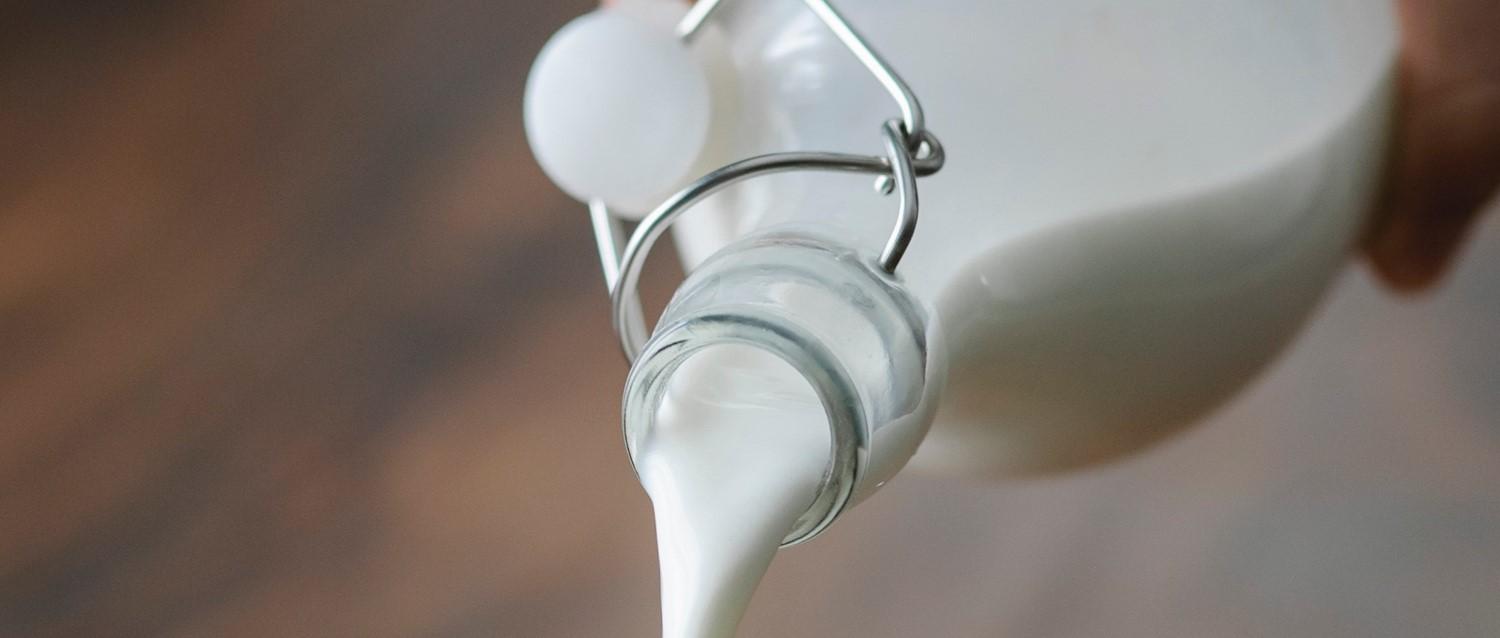
What is alcohol intolerance, and what are its symptoms?
Peer reviewed by Dr Krishna Vakharia, MRCGPLast updated by Emily Jane BashforthLast updated 25 Jun 2022
Meets Patient’s editorial guidelines
- DownloadDownload
- Share
- Language
- Discussion
Alcohol can cause a great level of discomfort if someone drinks it without being aware they have alcohol intolerance. Continuing to drink alcohol while knowing you are intolerant (or allergic) can also have severe health consequences.
In this article:
Continue reading below
What is alcohol intolerance?
The term alcohol intolerance is used for those who cannot process alcohol in the normal way. They often have a gene that is affected that is passed down in the family.
Alcohol intolerance is different to having a 'low tolerance' to alcohol. The latter term is generally used in social settings to describe someone who experiences the effects of drinking alcohol much quicker than others.
People who experience low tolerance can continue to consume alcohol as long as they know their limits and do not exceed the recommended units per week - around 14 units per week for men and women. Those with alcohol intolerance should try to limit or abstain from alcohol consumption entirely.
What's the difference between alcohol allergy and alcohol intolerance?
The difference between alcohol allergy and alcohol intolerance can be difficult to tell.
The symptoms can be similar as it's the body's way of communicating that it has come into contact with a 'foreign substance', developing an immune response as a result.
Continue reading below
What are the symptoms of alcohol intolerance?
Alcohol allergy is very rare but allergic reactions can be strong, leading in some cases to anaphylaxis which can be fatal. The symptoms of alcohol allergy can be very similar to alcohol intolerance.
If you have alcohol intolerance, you will likely experience one or more of the below symptoms:
Headaches.
Nausea.
Vomiting.
Rapid heartbeat.
Alcohol allergy can also cause the above symptoms. However, in addition to this, an alcohol allergy can cause:
Low blood pressure - making you feel faint.
Facial flushing- causing a red flush to your face.
Hives (urticaria) - itchy, red bumps on the skin.
Worsening asthma or trouble breathing.
Symptoms of alcohol intolerance occur due to the build-up of acetaldehyde (a chemical in alcohol that is broken down by your body), but it's also important to remember that experiencing them doesn't guarantee an alcohol intolerance per se. In fact, your body might have an inability to process other constituents of alcohol, such as histamine, yeast, grains, sulfites, or preservatives.
Dr Deborah Lee of Dr Fox Online Pharmacy stresses that, if you ever have any of the allergy symptoms after drinking alcohol, you should call 999 without delay. You need to get to the nearest A&E department as this can be a life-threatening medical emergency.
How common is alcohol intolerance?
True alcohol allergy is thought to be rare, while alcohol intolerance is more common. Some people may incorrectly assume they are allergic to alcohol, when in fact they are actually reacting to other components of alcoholic drinks.
It is difficult to establish a full picture of the prevalence of alcohol intolerance, though.
A 2010 German questionnaire surveyed 4,000 people and found that self-reported wine intolerance specifically was present in 5.2% of men and 8.9% of women. However, only around 20% of those surveyed completed and returned the questionnaire. As a result, the study's findings may be an under-representation.
Over a decade later, research is still being conducted into alcohol intolerance.
Continue reading below
How to test for alcohol intolerance
Self-diagnosis of alcohol intolerance or allergy is not advised. Instead, you should seek help from an immunologist at a specialist allergy clinic. There, they will perform a skin prick test, during which a drop of alcohol is applied to the surface of your skin before being pricked with a fine needle and observed for a potential reaction. You may also need a blood test to check IgE antibody levels. If any of these are positive, it would mean you have an allergy to alcohol.
It is important to seek specialist advice if your suspect some sort of alcohol intolerance, as alcohol intolerance and alcohol allergy are commonly confused and misdiagnosed.
How to treat alcohol intolerance
Dr Fox recommends avoiding alcohol to treat alcohol intolerance. In an ideal world, you would abstain from consuming alcohol completely.
However, it can be questioned whether it's realistic or attainable for someone to cut out drinking altogether, especially if it was a big part of their lifestyle beforehand.
Going cold turkey can also take a toll on mental health. Therefore, you should establish a support system and recognise the importance of becoming educated on the risks of continuing to drink alcohol with alcohol intolerance as it can pose a significant risk to your health.
Is alcohol intolerance a sign of liver damage?
If you continue to drink alcohol and suffer from alcohol intolerance, this is likely to cause liver damage.
Dr Fox explains that the science behind this is that dangerous levels of enzymes are accumulating in the cells of your body when you drink alcohol, and they cannot be broken down. As a result, liver tissue can become inflamed, leading to fibrosis, and ultimately cirrhosis and liver failure. There is also an increased risk of liver cancer if you continue to drink while intolerant.
Once your liver function is affected, this will soon start to affect the rate at which it can metabolise other medicines, affecting your overall health and nutrition levels.
In addition to this, studies have identified a link between alcohol consumption and an increased risk of certain cancers. Research suggests that the more alcohol a person consumes, or the more frequently it is consumed, raises their likelihood of developing cancers such as breast, head and neck, oesophageal and more.
Can you become tolerant to alcohol over time?
"You can become more tolerant of alcohol over time. This means when you drink, it does not seem to have the same effect, and you need to drink more to get the usual buzz," explains Dr Fox.
She adds, this can lead to alcohol dependency, which means someone feels a persistent need to carry on drinking. They are likely to experience withdrawal symptoms when they stop. This is dangerous as regularly drinking large quantities of alcohol leads to liver damage and the more severe disease associated with it.
Getting support
If you experience severe symptoms of alcohol allergy or intolerance it is important you limit or abstain from alcohol while you seek a diagnosis from your GP or allergy specialist.
Patient picks for Food allergy and intolerance

Allergies, blood and immune system
What can you eat if you're lactose intolerant?
Lactose intolerance is a condition in which there is not enough lactase in the body. Lactase is the chemical (enzyme) that breaks down (digests) 'milk sugar' (lactose) in the body. It is common in adults and it can vary in severity.
by Dr Jan Sambrook, MRCGP

Allergies, blood and immune system
Cow's milk allergy in babies: What is the milk ladder?
It can be worrying if your baby is diagnosed with a cow’s milk allergy, but there’s a good chance your child will grow out of it. Most children will become tolerant to cow’s milk before the age of five, if they are gradually reintroduced to it in a process called the milk ladder1.
by Lydia Smith
Continue reading below
Article history
The information on this page is peer reviewed by qualified clinicians.
25 Jun 2022 | Latest version
25 Jun 2022 | Originally published

Ask, share, connect.
Browse discussions, ask questions, and share experiences across hundreds of health topics.

Feeling unwell?
Assess your symptoms online for free
Sign up to the Patient newsletter
Your weekly dose of clear, trustworthy health advice - written to help you feel informed, confident and in control.
By subscribing you accept our Privacy Policy. You can unsubscribe at any time. We never sell your data.